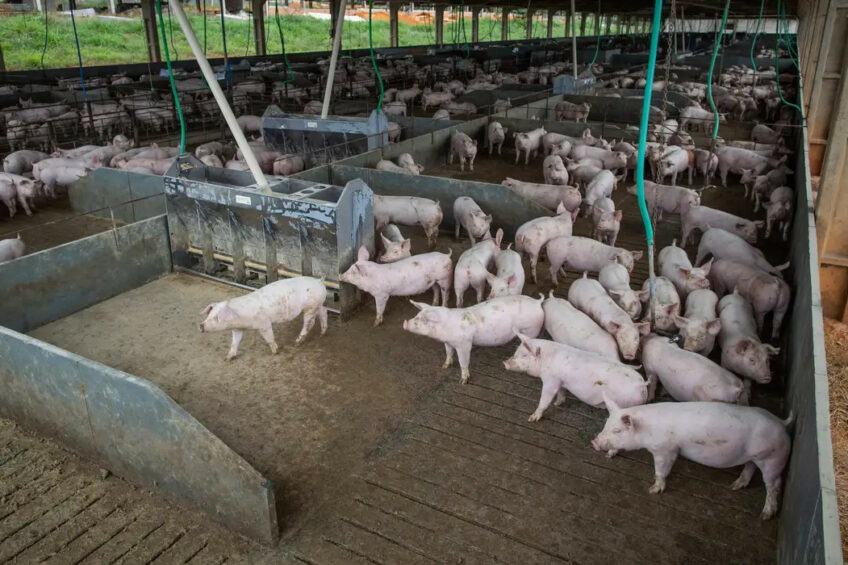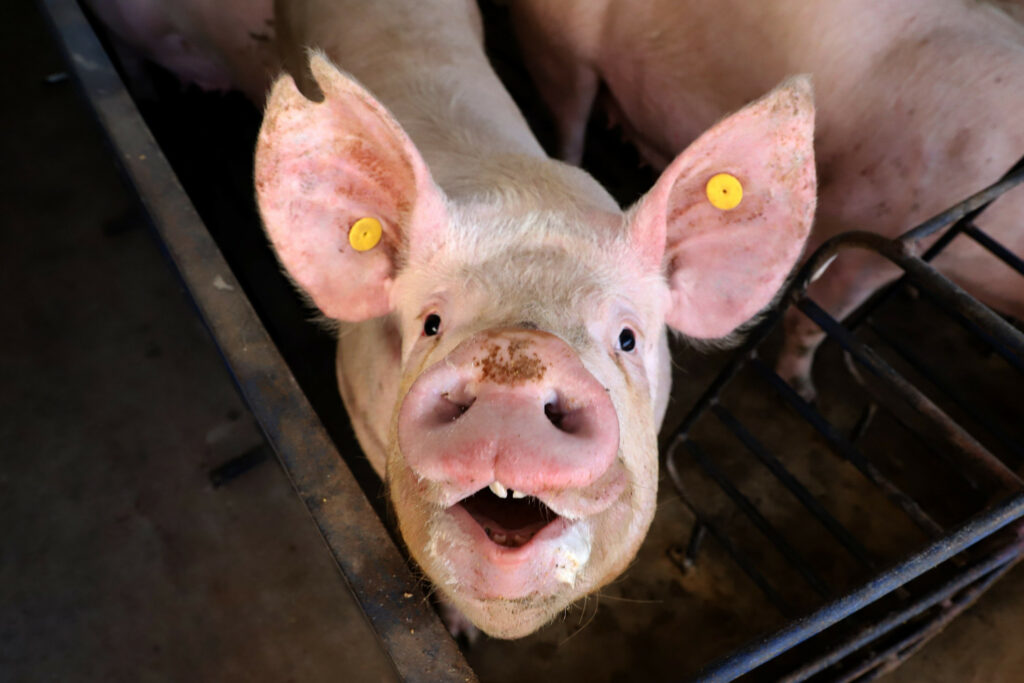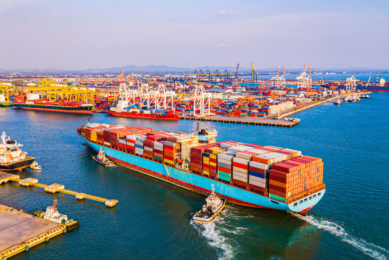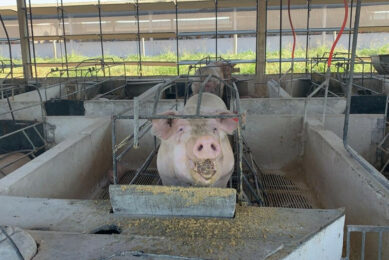Brazil’s pig industry to reach 8th consecutive year of growth in 2025

The Brazilian pig industry is on track to achieve its 8th consecutive year of production growth in 2025. It boatst notable increases in exports and stable domestic consumption per capita.
Since 1980, pork production in Brazil has surged by over 440%, climbing from 995,000 tonnes to 5.35 million tonnes in 2024. For 2025, pork production is expected to reach 5.45 million tonnes (+2%), with domestic availability remaining stable at 4 million tonnes and per capita consumption steady at 19 kilograms. If the production forecast is confirmed, it would mark the eighth consecutive year of growth since 2017.
The data comes from the Brazilian Association of Animal Protein (ABPA), which gathers companies responsible for 85% of pig herd and 95% of exports. “Domestic pork consumption is expected to be positively influenced by the good competitiveness of the product compared to other meats, as well as balanced production costs,” highlighted ABPA’s president, Ricardo Santin. He also pointed to the sector’s competitive pricing and balanced production costs as key drivers of domestic demand.
Exports
Exports have grown dramatically from just 1 tonne 44 years ago to 1.35 million tonnes in 2024, placing Brazil as the fourth-largest producer and exporter of pork globally. In 2025, shipments might grow significantly, reaching 1.45 million tonnes, an impressive 7.4% increase.
The country is about to surpass Canada to secure 3rd position amongst main largest pork exporters in the near future. In 2023, Canada exported 1.3 million tonnes compared to Brazil’s 1.23 million tonnes. Brazil exports pork to 89 countries, directing around 24% of its production abroad.
According to ABPA’s president, improved export flows to China and new certifications for plants targeting Latin America are expected to boost export volumes. Santin also highlighted opportunities in pre-listing markets such as the Philippines, Mexico, and Chile, which continue to show promising demand for Brazilian pork.

Main destinations
Based on data from 2023, Asia was the primary destination for Brazilian pork exports, accounting for 67.04% of the total, equivalent to 815,356 tonnes. The Americas followed with 19.77% (240,468 tonnes), while Africa represented 8.34% (101,440 tonnes). The Middle East accounted for 3.96% (48,210 tonnes), and exports to the European market outside the EU 27 (European Union) reached 0.76% (9,258 tonnes). Oceania represented a marginal share of 0.04%, with 516 tonnes exported. The EU 27 represents an even smaller share of Brazilian pork export destinations.











